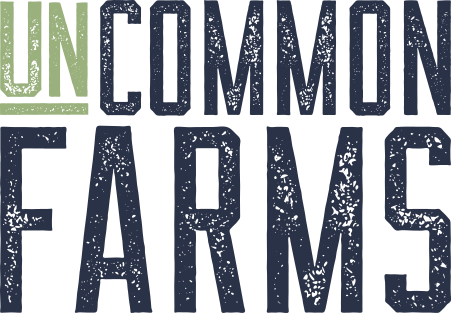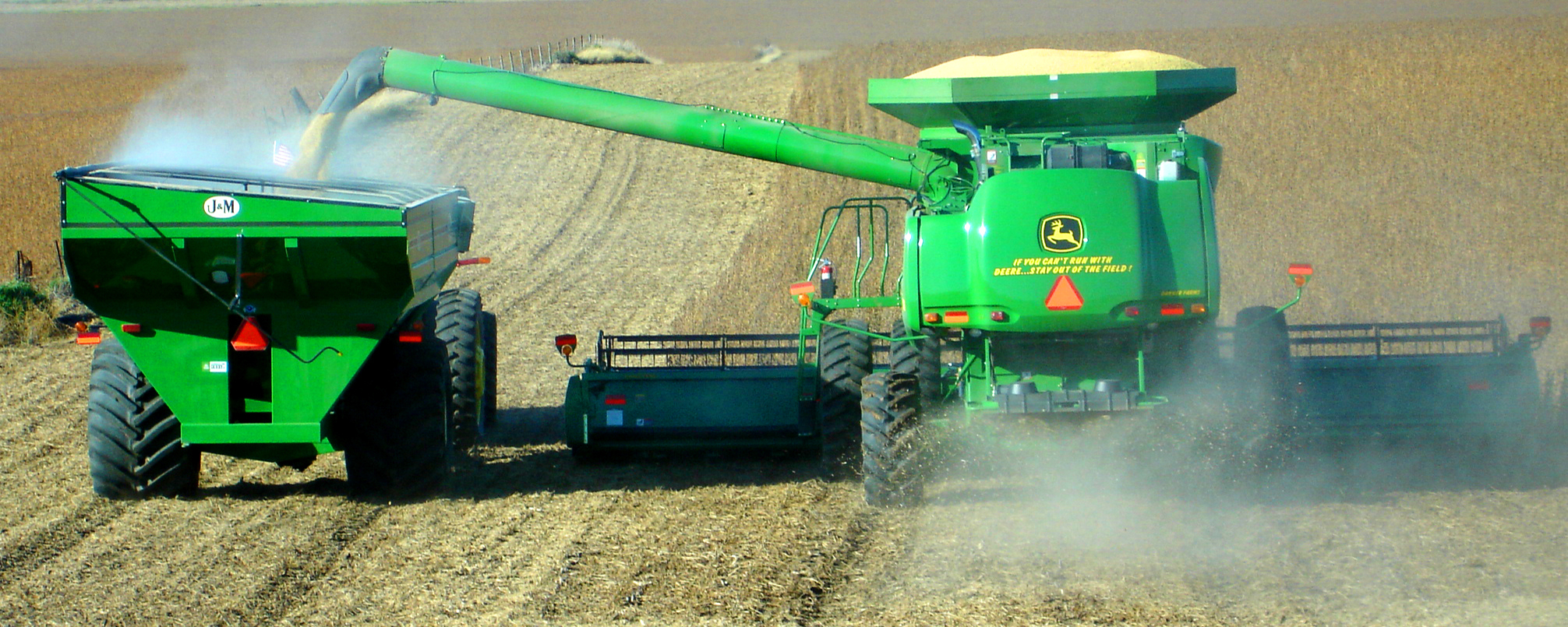During busy seasons, farm safety can take a backseat to other business priorities critical to success. However, safety needs to be part of your critical success factor. Just one accident could affect your ag operation personally and financially, especially if it could have been prevented. Plan your pre-harvest training and safety meeting now to set tone for how your agribusiness will operate for the remainder of the year.
Here is a short list of best practices for farm safety:
1. Conduct Meetings Regularly
Safety needs to be on your pre-harvest meeting agenda, if not the first item listed. As the farm owner, you set the tone for the operation and getting people home safe is a top priority - this includes family members. Nobody is exempt, not even grandpa! Be sure to discuss tasks that have more risk and how to mitigate those risks.
2. Use Training Videos to Keep Safety Top-of-Mind
Training videos, like those provided by Good Day's Work, can be an effective tool in keeping safety a top priority. By educating farm staff, family and team members how to protect themselves and to protect each other, you develop a culture where everyone can comfortably tell or remind each other to be safe and don’t forget to wear personal protective equipment (PPE).
Teach employees to be aware of their actions, their surroundings and potential hazards at all times. Most injuries happen during routine tasks because it’s easy to be complacent and accidents happen when people become comfortable doing unsafe tasks. If you're not in the routine, pre-harvest is a great time to kick-off safety meetings, but on-going training and continuous improvement are key to keeping people safe year-round.
3. Make PPE Accessible
Have protective items accessible for all tasks. Keep a supply of PPE items that protect eyes, ears, skin, hands and feet. Take inventory and place orders for items out of stock or running low.
4. Keep Work-Spaces Clean
Good housekeeping involved keeping a clean and clutter-free workplace. Daily care and cleaning around the farm allows you and your staff to operate safely and efficiently. Keeping a safe and clean work-space reduces injuries, accidents. Furthermore, it improves morale as there is pride and ownership in a clean workplace. Most importantly, a clean workplace helps prevent the #1 most costly agriculture injury; slips, trips, and falls.
Get Course Content for Your Ag Operation
Good Day's work is a proud partner of UnCommon Farms. Good Day's Work offers an easy and highly cost-effective way for your agribusiness to optimize workplace safety and productivity, while meeting regulatory requirements under OSHA.
UnCommon Farms offers additional opportunities for farm business skills and financial training. Contact us today to learn more about available educational courses.



